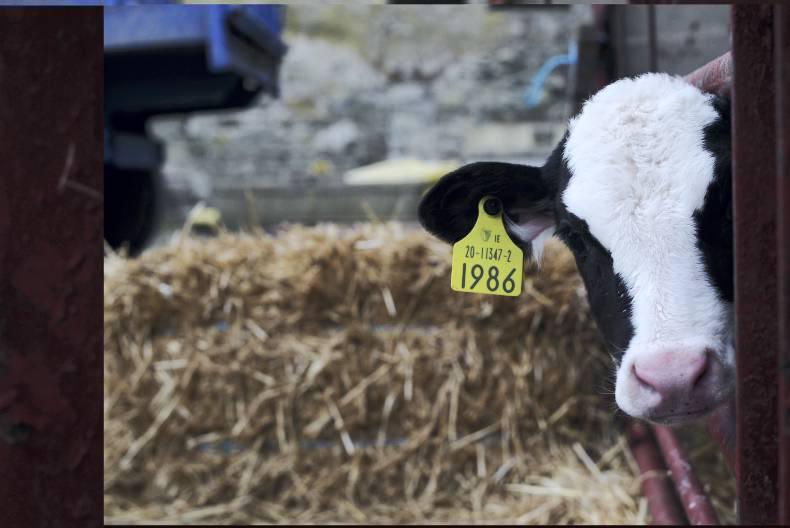At the end of November, animal rights campaigners in New Zealand released disturbing footage of young calves on dairy farms being severely mistreated by handlers. The undercover work was carried out by animal welfare organisations SAFE and Farmwatch, and shows harrowing mistreatment of what are known as bobby calves – dairy calves that are disposed of after their mother gives birth. Most bobby calves are bulls which are not wanted because they do not provide milk or are not suitable for becoming beef cattle. SAFE executive director Hans Kriek estimates that each season more than two million unwanted calves are killed as young as four days old.
Olin Greenan, originally from Monaghan, is farming in the North Island of New Zealand and we asked for his response to the footage as well as the general feeling to it from people in the industry.
What happens bull calves on your farm?
Bobby calves are treated just like any class of livestock on our farm: which means they are treated with care and compassion. As is the case with all calves, "golden colostrum" is given for its first feed. The calf is then fed pooled colostrum twice a day. They are housed in the calf shed amongst others until pick-up. The calf must be four days old before leaving the farm. There are other criteria which must be met to ensure the animal is fit for transport such as; have not been fed milk containing antibiotics, be healthy and show no signs of scour or other illness, have a dry, sealed navel, and be fit to stand and walk firmly on all four feet. When selecting eligible calves for sale myself or our calf rearer will asses the animal when they are about to go. On the morning of pick up, feeding of those calves is prioritised to ensure they are full before their journey. We sell our calves to a reputable livestock firm and they contract transport out to a local stock carrier. The drivers and stockmen on these trucks are well trained and handle the stock with care. They effectively are the advertisement for both the haulage company and indeed the meat processor.
Olin Greenan, right

What do you expect will be the consequences of the footage showing bad practice?
They are shocking images and no one can deny that. As a farmer who cares for his stock, I found it very sad to see. We work tirelessly every day to care for our animals and also strive to ensure our consumers that we use the highest standards of welfare. To have images like this exposed is an insult to the majority of all farmers in NZ if not the world. A small minority have well and truly let the side down. The video has, however, highlighted some inhuman handling by transporters and abattoir employees. A lot of people have failed to recognise this and as a result we farmers are guilty by association.
Your thoughts on how NZ farmers are reacting?
There is a feeling of anger amongst New Zealand farmers, however, many are looking at this as an opportunity to further enhance our welfare standards to ensure this can’t happen again or if it would, those responsible would be heavily prosecuted. The reality is that we live in a very consumer sensitive marketplace and we as farmers must never become complacent about that and put our best foot forward at all times.
What needs to be done to regulate this in NZ?
The issue here is not in fact bobby calves. This particular incident was calves destined for a smaller local pet food company*. Its evident here that the strict protocols in place for bobby calves is lacking here. The Ministry need to police this sector of the industry as much as the main stream bobby sector. People fail to distinguish the difference and therefore the consequences are severe. I have heard various things discussed over the last few days such as keeping calves on farms longer. I firmly believe that if we all follow the industry guidelines this shouldn't be necessary.
What has changed over last number of years?
I have seen a lot of work done in this space by industry organisations such as Dairy NZ, Federated Farmers, Fonterra and MPI. They have created industry guidelines and have worked closely with transport companies and meat processing companies. There is a wealth of information available to farmers about best industry practice and I know all veterinary clinics have been very supportive in this area too. We are all collectively working together both inside and outside the farm gate for the better of everyone and every animal.
Your estimates on how many calves are treated like this?
I would say very few. I read an newspaper article recently that suggested that the processing company shown on the video only process 50-70 calves per year.
*Less than 2% of bobby calves end up as pet food according to the NZ Petfood Manufacturers Association.






 This is a subscriber-only article
This is a subscriber-only article











SHARING OPTIONS: